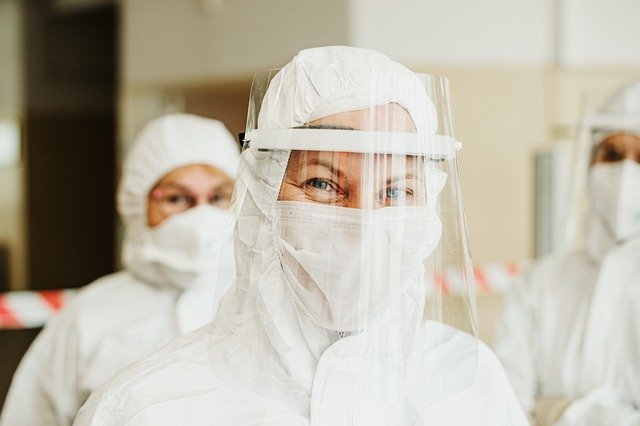A survey finds that the coronavirus pandemic is having a troubling effect on the psychological health of young adults in the United States.
Her statement is in response to her new study investigating the psychological impact of the coronavirus pandemic on young adults. The study found an “alarming” increase in loneliness since the arrival of COVID-19.
In the survey of 1,008 people aged 18–35, 80% of participants reported “significant depressive symptoms” during the pandemic.
Helping young adults cope may deliver the added benefit of helping the larger community as well.
“As we invest in developing the sense of cohesion and social connectedness in these generations, we can address social and physical resiliency in our communities at large.”
the online learning in which so many young adults are engaged as potentially providing a platform for the delivery of supportive services:
“Students need sustaining online delivery of [relevant] coursework, increasing counseling services, and deploying outreach through telehealth services.”
Not everyone, however, is learning remotely during the pandemic.
“For young adults not engaged in school, aggressive patient outreach by primary care physicians should be used to ensure screening and intervention, also via telehealth.”
People would also benefit from “access to psychological help coupled with the development and dissemination of brief online contact-based interventions that encourage healthy lifestyles.”
“These efforts, and others,” concludes Horigian, “can help alleviate the problems of loneliness and its manifestations; yet it may take an integrated, multi-faceted, and concerted approach, rooted and supported by mental health prevention and well-being promotion boosted by workforce development and research on intervention development to readdress these trajectories.”
For personalized attention to any risk to your health or your family members, we recommend https://pharmamedicworld.com/







